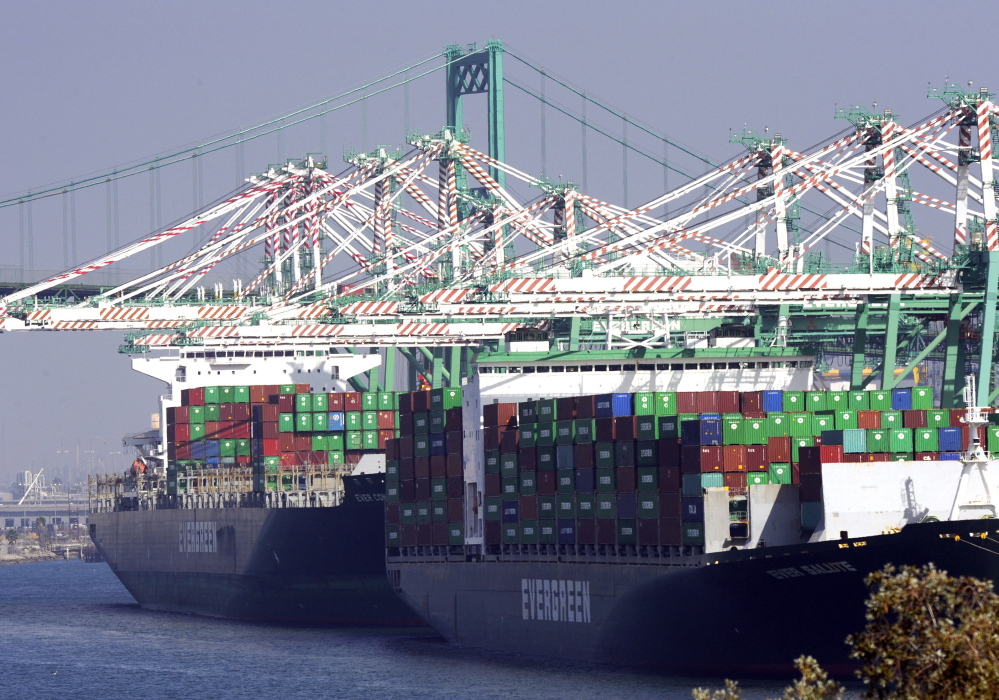WASHINGTON — A labor dispute at West Coast ports is dragging on industries from retail to manufacturing, creating a hurdle for the U.S. economic expansion.
The union representing about 20,000 members in 29 ports has been locked in contract negotiations since May. As the disagreement escalates, it’s slowing shipments at entry points including Los Angeles and Long Beach, historically the two biggest in the U.S. by container volume. It has also prompted President Obama to send Labor Secretary Tom Perez to California to help broker a solution.
The backup is weighing on imports and exports, disrupting supply chains for companies from Honda to sportswear retailer Perry Ellis International. While some companies can re-route their products through other entry points, the missed sales, lost wages and diminished productivity will be at least a short-term blow to the economy, and could make West Coast ports less attractive in the long run.
“In any given year the West Coast ports handle between 10 and 15 percent of GDP,” showing “their importance as a trade gateway,” said Matt Troy, executive director at Nomura Securities International Inc. in New York. He estimates the daily loss to the $17.7 trillion U.S. economy at $200 million to $400 million – and said effects are already becoming evident. “There is no clearer tell than that shippers are diverting freight away from the West Coast in order to get their products to market.”
West Coast import volume tumbled 16.6 percent in January, based on Datamyne port data released Wednesday, while the Gulf Coast and Puerto Rico saw a 12.2 percent volume increase and East Coast imports climbed 3.4 percent.
Trade data may also reflect the West Coast dispute. The U.S. trade deficit jumped 17.1 percent to $46.6 billion in December, the widest since November 2012, from a revised $39.8 billion in November, according to Commerce Department data.
Send questions/comments to the editors.



Comments are no longer available on this story